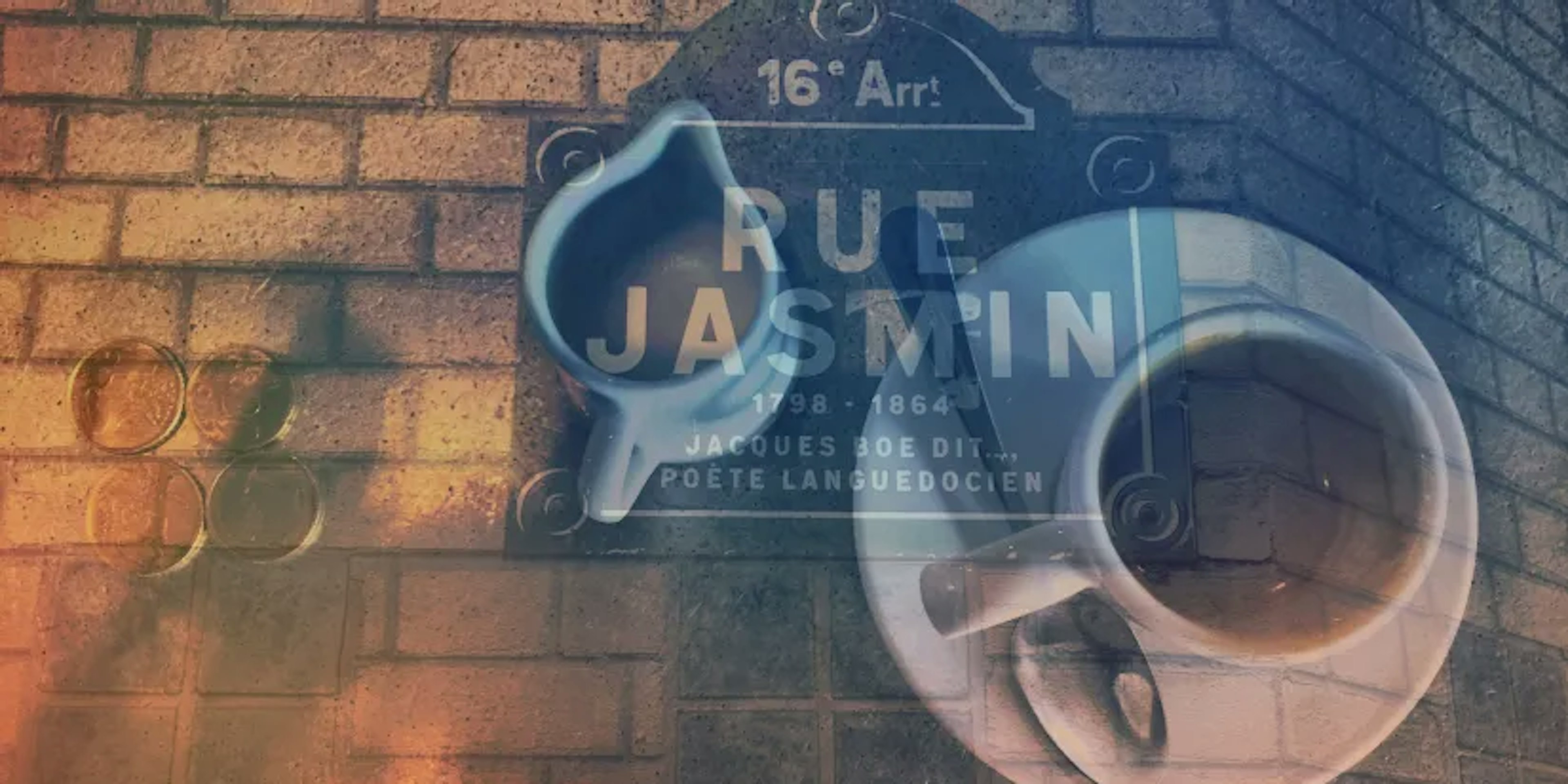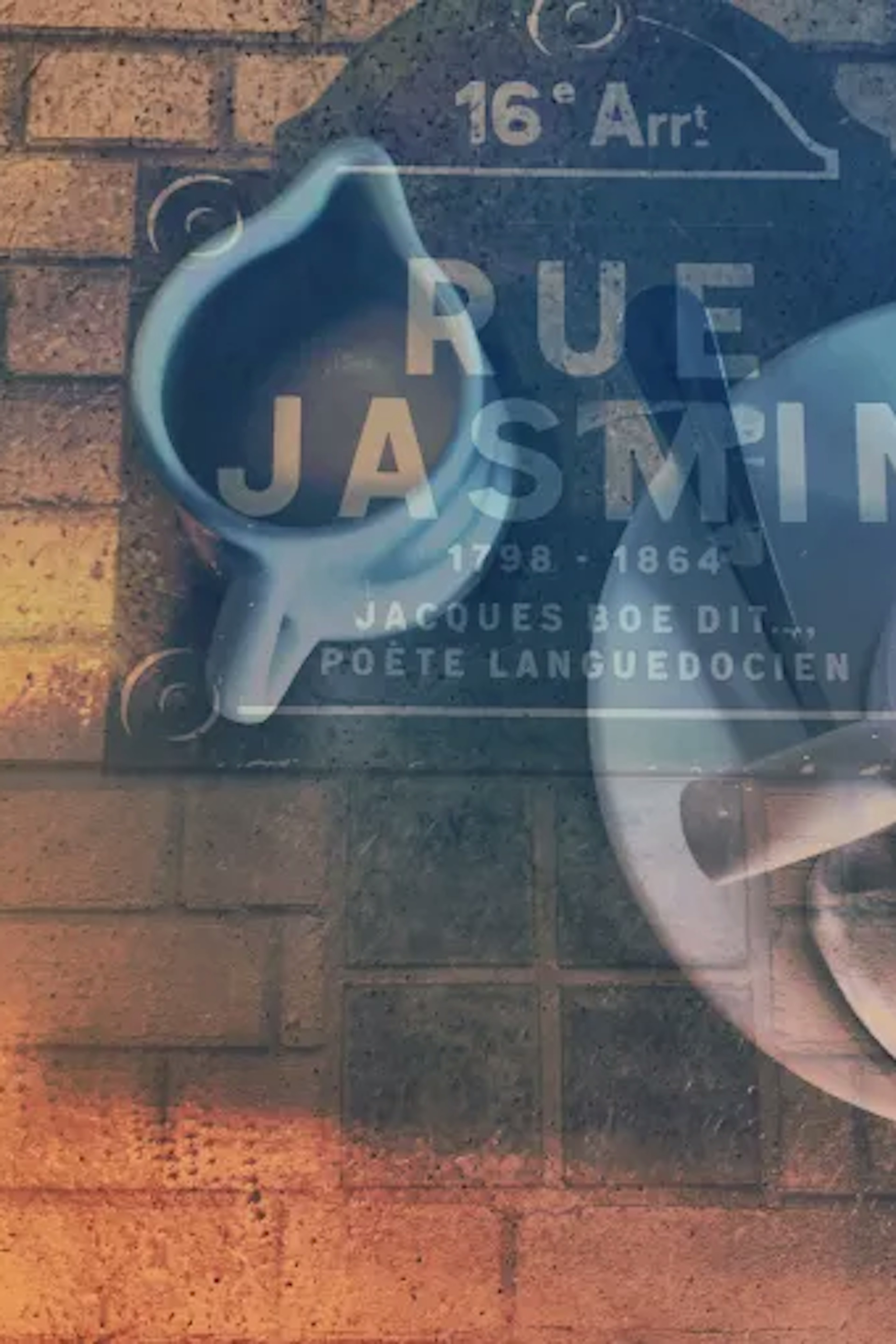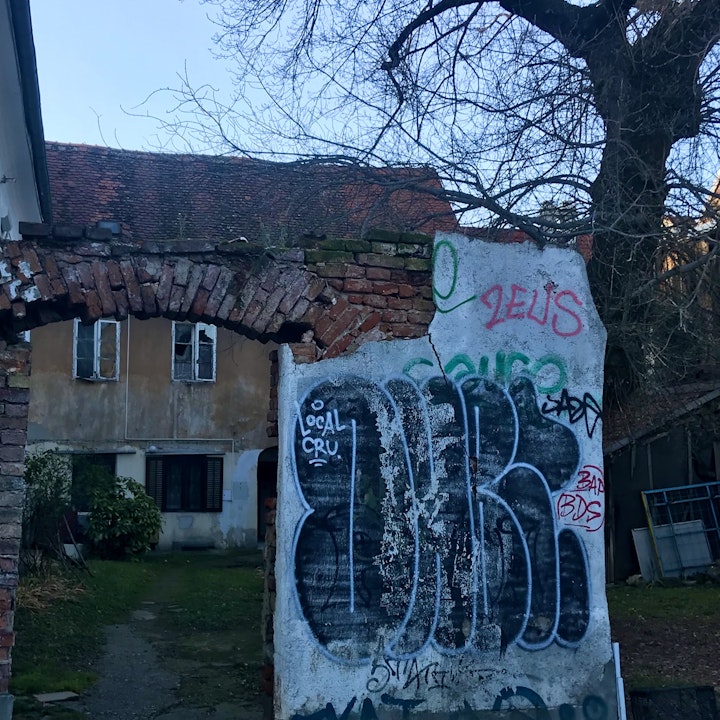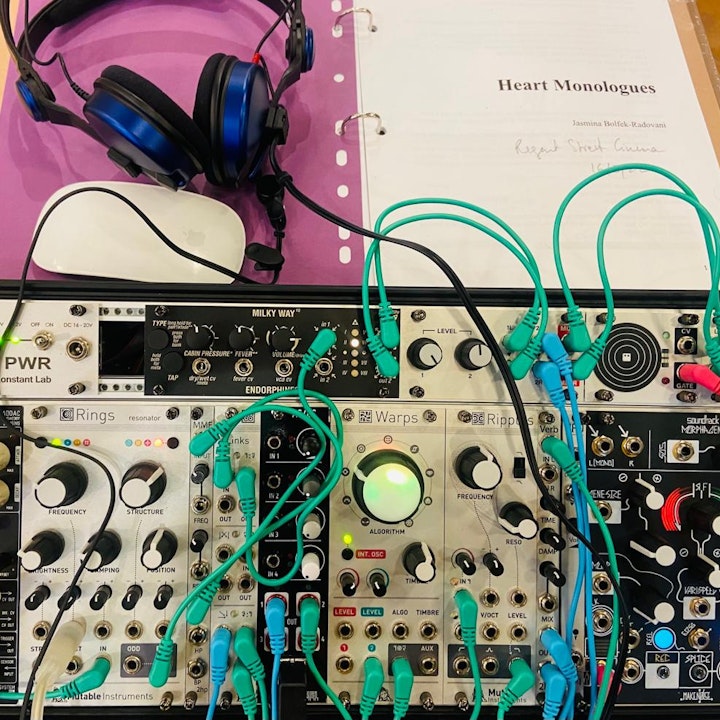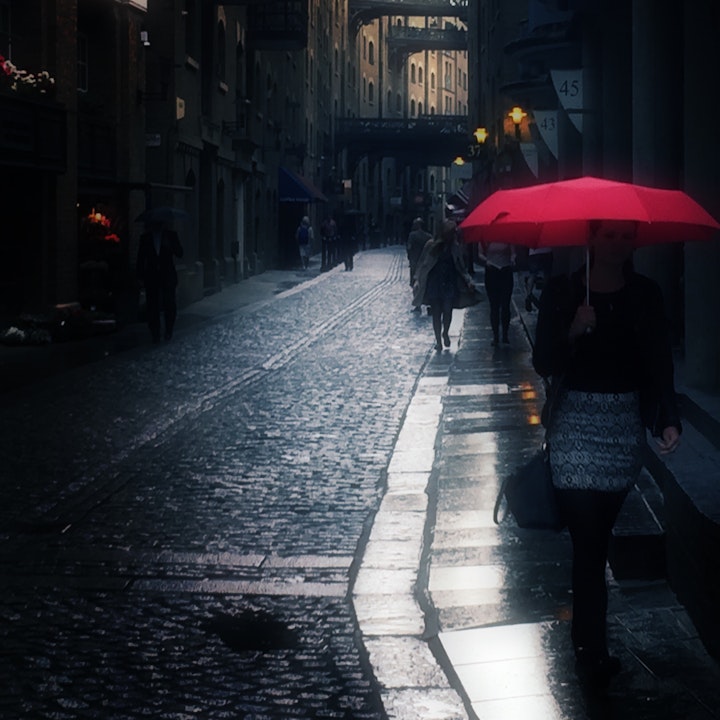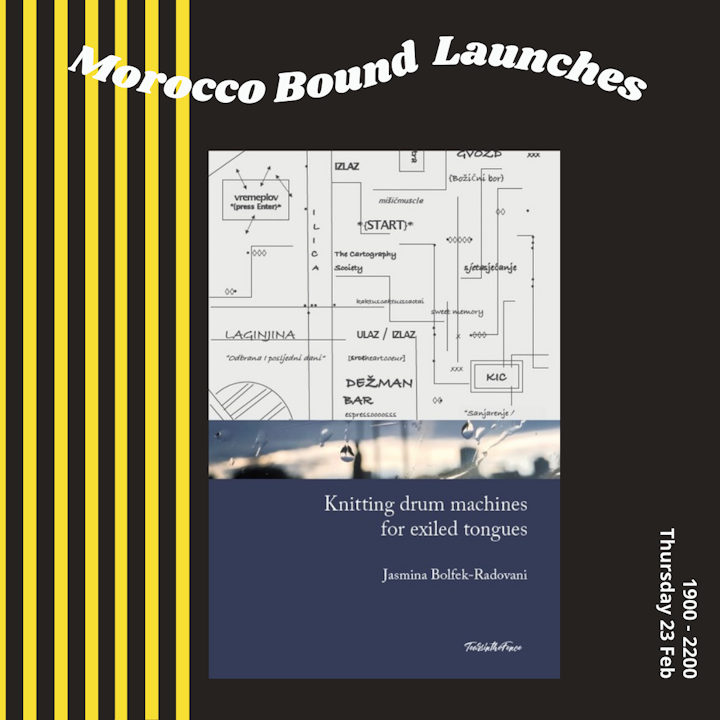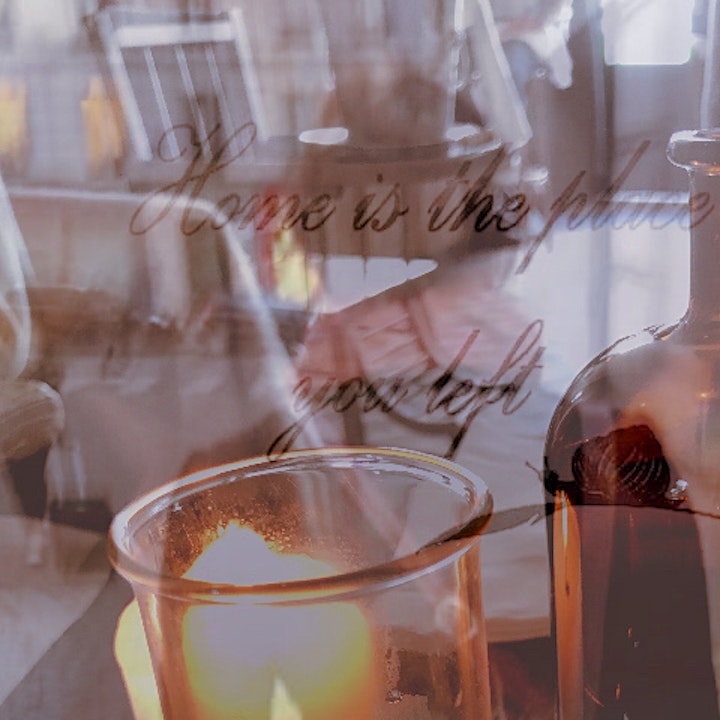◊ My weekly bites on a selection of themes in art, literature, poetry and culture ◊
London entered into Tier 4 on 20 December 2020. Soon after we were in third national lockdown. Marking time has become a preoccupation in its own right; a way to project oneself into a future that is difficult if not impossible to conceive. With nothing better to do, I decided to start writing weekly bites on all things cultural that speak to me or that have impacted me in one way or another. The thematic approach was not premeditated; it just seemed easier to begin writing by grouping my thoughts around a theme. I am yet to see whether I am up to the task and where this approach leads me. (London, 3 Feb 2021)
"This, and nothing else, is what countries are: bodies / for rent"¹
I begin my blog series by introducing the theme of "Migration and Creativity" showcasing how migration and artistic creation interconnect through the notions of exile (part 1.) and home (part 2.).
In part 1., you can read a quotation on exile by Edward Said, a poem by the Irish poet Thomas McCarthy, immerse yourself into the Arabic sounds by two young North-African DJs living in Paris, KazbaH and Sharouh, and watch an interview with Mona Hatoum, a Lebanese-born multimedia and installation artist living in London.
∞ Edward Said (1935 – 2003) was a Palestinian-born American thinker and literary critic, and one of the most important proponents of the theory of “Orientalism”, notion that he introduced in the eighties; the theory of Orientalism later became central to the deconstruction of Western imperialist cultural discourse and how the West perceives the Orient in postcolonial theory. Said, an exile himself, reflects on the condition and meaning of exile in the extract below. For him, being an exile is a specific state of consciousness of inhabiting more than one culture. In the extract below he compares the condition of being in exile or living between two cultures to the musical phrase of “counterpoint”, type of music that has two melodic lines played at the same time:
Most people are principally aware of one culture, one setting, one home; exiles are aware of at least two, and this plurality of vision gives rise to an awareness of simultaneous dimensions, an awareness that, to borrow a phrase from music, is contrapuntal. For an exile, habits of life, expression, or activity in the new environment inevitably occur against the memory of these things in another environment.²
Interestingly, as someone with keen interest in music, Said created the West-Eastern Divan orchestra together with the renowned pianist and conductor David Barenboim bringing together musicians from Palestine, Israel and other countries in the Middle-East.
∞ ∞ Three years ago, I attended a fantastic poetry evening "Migrant Shores" at the P21 Gallery in London as part of the Language Acts and Worldmaking events; the evening featured migrant poets from three Atlantic countries, Morocco, Galicia and Ireland. I selected here the poem in prose “Reading ‘Noche de Granada’ of Mezouar El Idrissi” by the Irish poet Thomas McCarthy for its evocative powers and sensory imagery of the lost words and worlds of the Andalusian city of Granada. It is an “echo-poem” or McCarthy’s response to the poem “Tonight in Granada” by the Moroccan-born Spanish speaking poet Mezouar El Idrissi. El Idrissi's celebratory tone of the city of Granada is contrasted with melancholy and loss in McCarthy's poem.³
“Reading ‘Noche de Granada’ of Mezouar El Idrissi”
It is not that words hang in the air, but that life is suspended
In an atmosphere of damp air. We may have the night
But in exile we can never have Granada. Even this moonlight,
Only comforting to those who are sure of love, this up-ended
Moon that tries to shine upon North and South
Without bringing tears to our eyes, this Granada moon
Shines also on Mezouar El-Idrissi; and it’s suspension
Gathers meanings. So that time, in an exile’s dry mouth
May mean hanging in there, but may also mean in Arabic
That senses of fixedness in the South, or where a poet
Is stuck for meanings. Melodies, prayers, from my throat
Sound like arrivals from the night-sky. Exile is frantic
And worse than a loneliness of poems. Alba, Granada, we
Journey in boats made of words; we still conquer the sea.
∞ ∞ ∞ Moving from word to sound. And from Granada to Paris. The sound tracks by KazbaH (Nadir Messaoui) and Sharouh (Sarah Perez) are part of the “Arabic Sound System” series created by the Institute du Monde Arab, Paris. I visit the Institute du Monde Arabe every time I am in Paris; it is a fascinating building and probably one of the most important hubs of Arabic culture in Europe. I love the energy of Sharouh dancing to her tracks and KazbaH sipping his tea to downtempo rhythms.
∞ ∞ ∞ ∞∞ Finally, in her interview, the Lebanese-born multimedia and installation artist Mona Hatoum speaks about the 2016 Tate Modern exhibition featuring some of the key works including "Hot Spot", "Homebound", "Light Sentence" and "Measures of Distance". Mona Hatoum was born in Beirut to Palestinian family in 1952. She lives and works in London since 1975. Hatoum “challenges the movements of surrealism and minimalism, making work which explores the conflicts and contradictions of our world”.
Hatoum deconstructs the notion of power and challenges representations of home and belonging; I find her work resonates strongly with the strangeness of today’s world which we are finding ourselves in.I was lucky enough to see the 2016 Tate exhibition and her artistic work is among my favourites.
Footnotes
1) Maria do Cebreiro, "This and nothing else is what countries are: bodies / for rent", Ferrol: Sociedad de Cultura Valle-Inclan, 2002, p. 27.
2) Edward Said, Reflections on exile and other essays, 2002.
3) Migrant Shores, Irish, Moroccan and Gallician Poetry, Edited by Manuela Palacios, Salmon Poetry, 2017.
